Marketshare
Latest
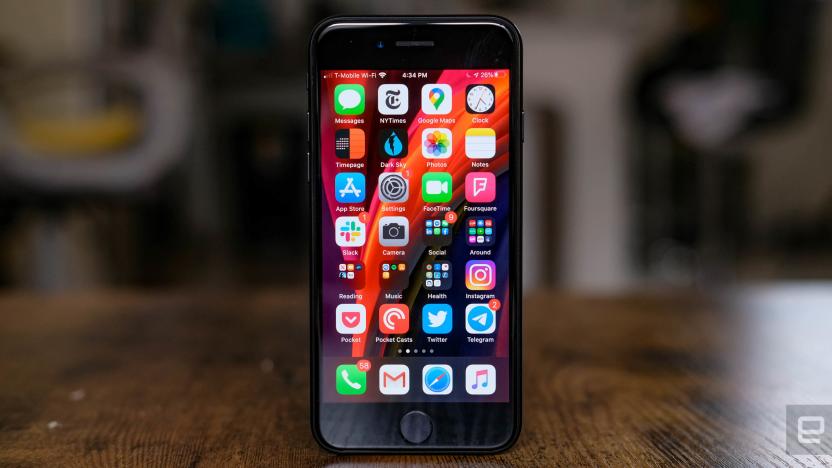
Apple gears up for direct iPhone sales in India
The online Apple Store comes to India next month, and a real-world one is due to arrive in 2021.
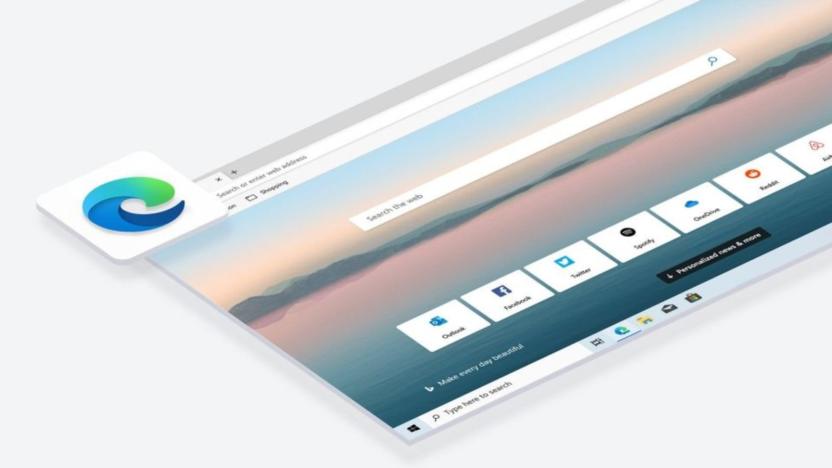
Microsoft Edge becomes the second most popular desktop web browser
Microsoft's gamble on a Chromium-based Edge browser appears to have paid off, at least in the short term. Bleeping Computer noted that Edge is now the second most popular desktop web browser based on usage, with NetMarketShare giving the software nearly 7.6 percent of the market in March, eclipsing a declining Mozilla Firefox with almost 7.2 percent. Edge is still far behind Chrome's 68.5 percent, but that's no mean feat for a browser that wasn't even three months old.
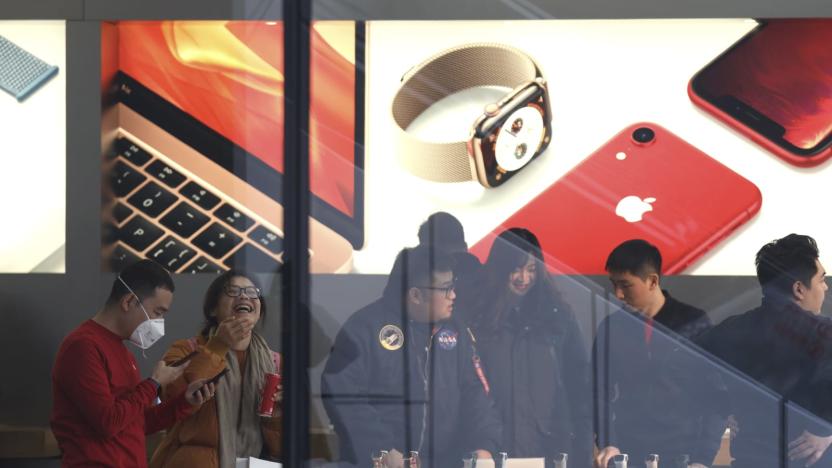
Apple wasn't the only smartphone brand struggling in China this fall
Apple wasn't joking around when it warned that the Chinese smartphone market gave it grief in the fall. IDC estimated that iPhone shipments fell just shy of 20 percent year-over-year toward the end of 2018, hitting 11.8 million. It's the third consecutive year of declines, the analyst group said, blaming this year's drop on a combination of higher prices and relatively modest updates. Customers just weren't in as much of a rush to upgrade as they were in years past. Throw in China's economic woes and stiff competition from local rivals and it's not shocking that iPhone sales took a dive.
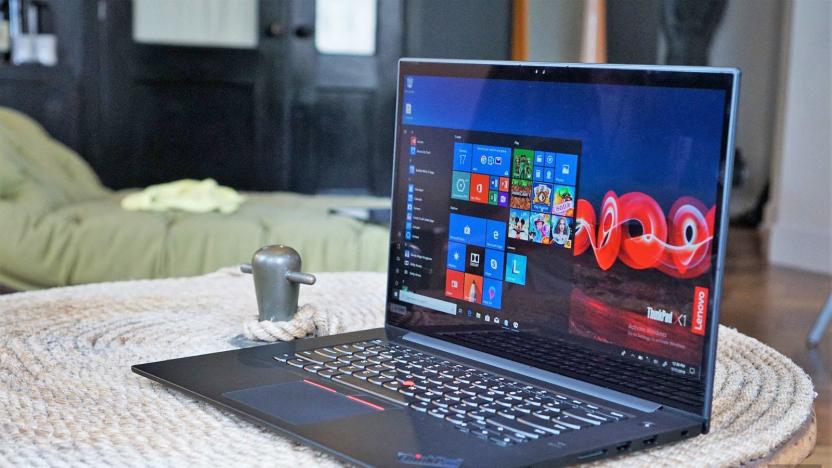
Lenovo retakes the top spot in PC shipments
Happy days are here again for Lenovo, though not for most of the PC industry. The Chinese tech firm has reclaimed the top spot for PC shipments in both Gartner and IDC market share estimates for the third quarter of the year, pushing past HP to scoop up roughly 24 percent of the market. The analyst groups chalked up the growth to both the addition of Fujitsu, better business PC sales and a smarter North American strategy. For most others, though, the season was a mixed bag.
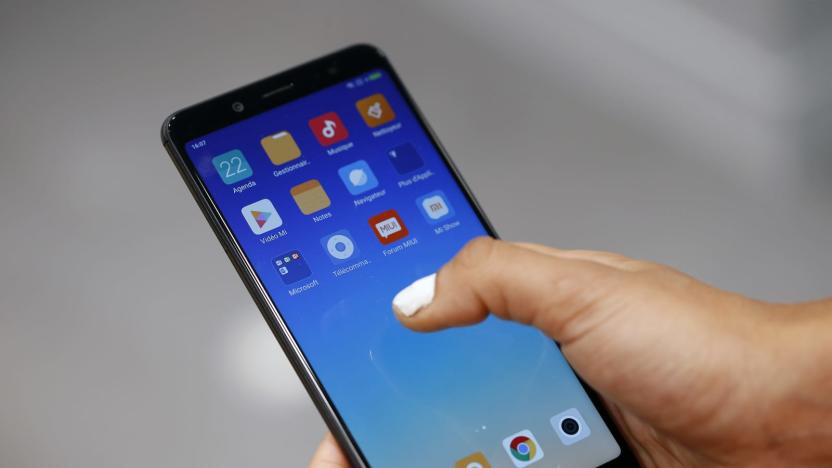
Global smartphone sales recover from a months-long slump
Smartphone sales shrank year-over-year in the fall, leading some to wonder whether the category's halcyon days were finally over. Well, not quite. Gartner has determined that smartphone sales bounced back ever so slightly in the first quarter of 2018, growing 1.3 percent over the same period a year earlier. Don't credit that to hot flagship phones like the Galaxy S9 or iPhone X, though -- if anything, it came in spite of those high-priced devices.
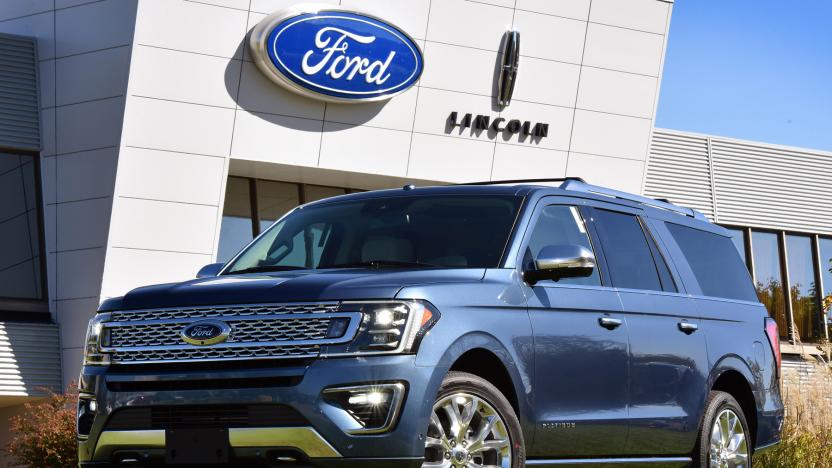
Ford’s decision to kill most of its cars was inevitable
American drivers have made up their minds. Bigger is most certainly better, and Ford Motor Co. has reacted. This week the automaker announced that over the next few years it would be phasing out all its cars (except for the iconic Mustang) in favor of SUVs, trucks and commercial vehicles (vans) in the United States. Don't @ me about the Focus Active -- it's a crossover, it's not a car. The surprise wasn't that it happened -- the surprise is that it took so long.

Dell was the bright spot in a lousy winter for PC shipments
Sorry, folks, those hopes of the PC market making a comeback were short-lived. Both Gartner and IDC estimate that computer shipments were down in the first quarter of 2018, ranging from barely under zero growth (IDC) to a drop of 1.4 percent (Gartner). While the exact numbers vary (Gartner includes more tablets in its data than IDC, but not Chromebooks), there are some common themes. In particular, Dell came to the industry's rescue -- it was one of the few bright spots in a market where rivals either saw sluggish growth or declined.

Microsoft tests forcing Windows Mail users to open links in Edge
Edge might be Windows 10's built-in browser, but it definitely isn't the most popular browser -- NetMarketShare reported just under 4 percent usage share as of February 2018, slipping well below Chrome's 59 percent. And now, it looks like the company may be trying to boost its share through software policies. The company is testing a Windows 10 preview release in the Skip Ahead ring which opens all Windows Mail web links in Edge, regardless of your app defaults. It provides the "best, most secure and consistent experience," Microsoft argued.

China's smartphone market shrinks for the first time in 9 years
For a while, it seemed like the Chinese smartphone market was an infinite growth machine. Companies would have rough patches, but the overall field would always be on the up and up. Well, those days are over. IDC estimates that Chinese smartphone shipments declined 4.9 percent in 2017 -- the first drop since 2009. The analyst firm pinned it primarily on "minor upgrades" to Chinese phones that weren't enough to spur a wave of new buyers. We'd add that the market is maturing. Much of the rapid growth from past years was sparked by a burgeoning Chinese middle class buying its first smartphones. Many of the people who could afford smartphones have them, and they aren't always in a rush to upgrade.
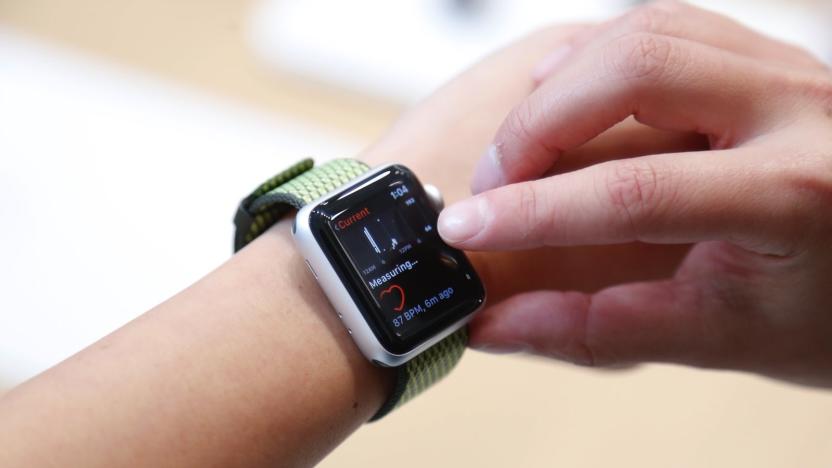
Apple retakes the top spot in wearable device shipments
It looks like Xiaomi's reign as the wearable device champion was short-lived. Canalys' latest estimates indicate that Apple regained the lead in wearable shipments during the third quarter of the year, shipping 3.9 million smartwatches over the summer. That's only slightly ahead of Xiaomi's 3.6 million and Fitbit's 3.5 million, but that's no mean feat when the Apple Watch is typically far more expensive (Xiaomi's Mi Band 2 cost $23 when new) and only works with one manufacturer's smartphones. And it's no surprise as to why Apple pulled out in front: new hardware.

Huawei didn’t need American customers to become a smartphone giant
On October 16th, Huawei announced its latest smartphone, the Mate 10, alongside a Porsche Design-ed version of the same device. In previous years, the phone might have been seen as little more than a me-too clone of Samsung's Galaxy Note. But these days, Huawei believes that its hardware is more than enough to stand up against the smartphone world's "big two." Its status as a major player may not be entrenched, yet, but between flashy product launches and an ever-growing presence on the world stage, it feels almost inevitable.

Part shortages thwart the PC's sales recovery
So much for the PC industry bouncing back after years of decline. Analysts at Gartner and IDC estimate that computer shipments fell between 3.3 and 4.3 percent in the second quarter, resuming an otherwise unbroken slump. However, the drop wasn't due to the usual issues, like the rise of smartphones -- it was the knock-on effect of part shortages that killed dreams of a recovery. Component companies raised prices on parts like solid-state drives and LCDs to keep the supply-and-demand balance in check, and the resulting price hikes at some PC vendors led to people staying away.

The PC's 5-year slump might be coming to an end
For the past several years, the PC market has largely told the same dismal story: shipments are down, mobile is taking over the world, and there's no relief in sight. However, there's a glimmer of hope... depending on who you ask, anyway. IDC estimates that PC shipments increased by 0.6 percent year-over-year in the first quarter of 2017, marking the first such growth in 5 years. Reportedly, that's due to both better-than-expected shipments in multiple regions as well as strong commercial Chromebook sales in the US (think schools and businesses). It's cheerful news for the industry if accurate -- with that said, Gartner's researchers might just temper your enthusiasm.

BlackBerry's share of the smartphone market is virtually zero
BlackBerry may be hoping for a recovery in its smartphone business, but it's hitting rock bottom right now. Gartner analysts estimate that BlackBerry's once-dominant platform hit 0.0 percent market share in the fourth quarter of 2016. Yes, zilch. The company did ship 207,000 phones, but that gives it less than half the unit volume of the "other OS" category. This wasn't hard to see coming given BlackBerry's years-long decline, gradual shift toward Android and recent focus on services. It's still incredibly symbolic, however, and shows that the company's deal with TCL effectively amounts to starting from scratch.

PC shipments were still in the pits this holiday
So much for the PC world recovering from 2015's holiday disaster. Both Gartner and IDC estimate that worldwide computer shipments were down year-over-year in the fourth quarter of 2016. The decline wasn't nearly as bad as it was a year ago (1.5 percent with IDC's methodology, 3.7 percent with Gartner's), but that's not saying much -- it just means that the industry didn't stay in freefall for long. Just why things turned out so glum varies depending on who you ask, though.

iPad regains share in a shrinking mobile tablet market
Apple's share of the tablet market has been sliding for a while, but it's making a comeback... if not for the reasons the company might prefer. Strategy Analytics estimates that the iPad climbed from 19.1 percent of the market in the third quarter of 2015 to 19.9 percent a year later. However, that's mainly because the market as a whole shrank 10 percent. The analysts believe that many tablet manufacturers' shipments dropped year-to-year, and that Apple simply experienced a smaller decline than most. The one major exception is Amazon, whose $49 Fire tablet helped its shipments more than double.

Smartwatch shipments dropped ahead of new models
The smartwatch market isn't quite as red-hot as it looked in recent months. IDC estimates that smartwatch shipments fell by just shy of 52 percent year-over-year in the third quarter of 2016, with the biggest names often being the hardest hit. Apple was still the top dog, but its shipments fell almost 72 percent to 1.1 million. Samsung's shipments were virtually flat, while Lenovo and Pebble saw their unit numbers drop sharply. Interestingly, the only company in the top five to see a big surge was Garmin -- its shipments more than tripled to 600,000. Should the industry be worried? Not necessarily.

Apple builds an R&D center in China to survive a tough market
There's no question that China isn't as much of a money maker for Apple as it once was. However, it's not about to quit the country -- if anything, it's settling in for the long haul. The company has unveiled plans to build a Chinese research and development center by the end of the year. Just what it'll work on isn't evident at this stage, although it's part of an overall increased investment in Apple's second-largest market.
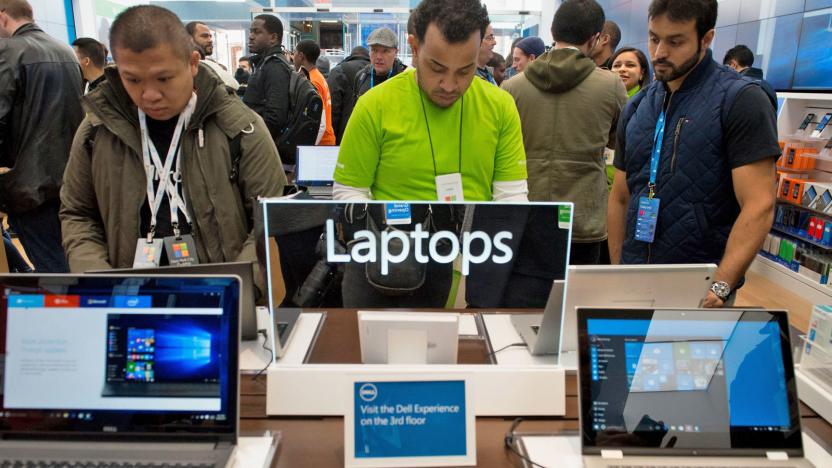
PC shipments recover in the US
It's not all doom and gloom in the PC world... for once. Both Gartner and IDC estimate that PC shipments actually grew in the US for the first time in over a year, climbing in the second quarter by either 1.4 percent according to Gartner (which includes Windows tablets) or 4.9 percent if you ask IDC (which doesn't). There's no one answer as to why the computer industry is bouncing back, regardless of who you ask. A stronger US economy is playing a part, but the analyst groups also point to strong Chromebook sales to schools as well as a possible spike in purchases from governments and other public outfits.

Fitbit's lead in the wearable world shrinks due to newcomers
Fitbit has ruled the wearable roost for a while, but it's clear that the activity tracker maker can't become complacent. IDC has released estimates which show that Fitbit lost a significant amount of market share in the first quarter. While its shipments were up 25.4 percent (to 4.8 million), its share plunged from 32.6 percent a year ago to 24.5 percent at the start of 2016. Simply put, the market is much more crowded than it was a year ago -- it has to contend with the Apple Watch, China's BBK and Lifesense, as well as a slew of smaller brands jumping into the field.


